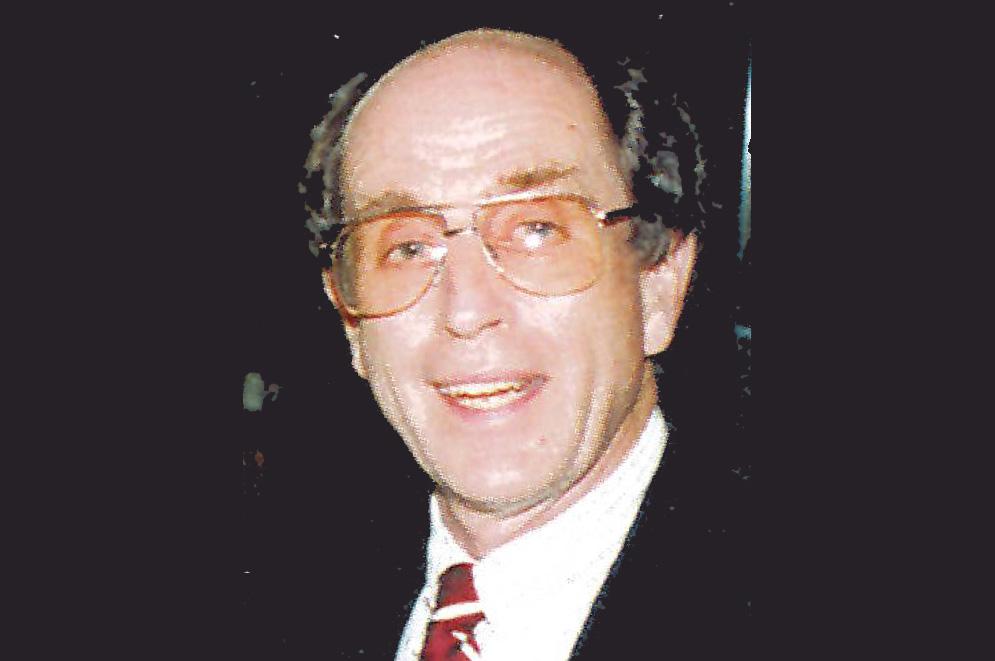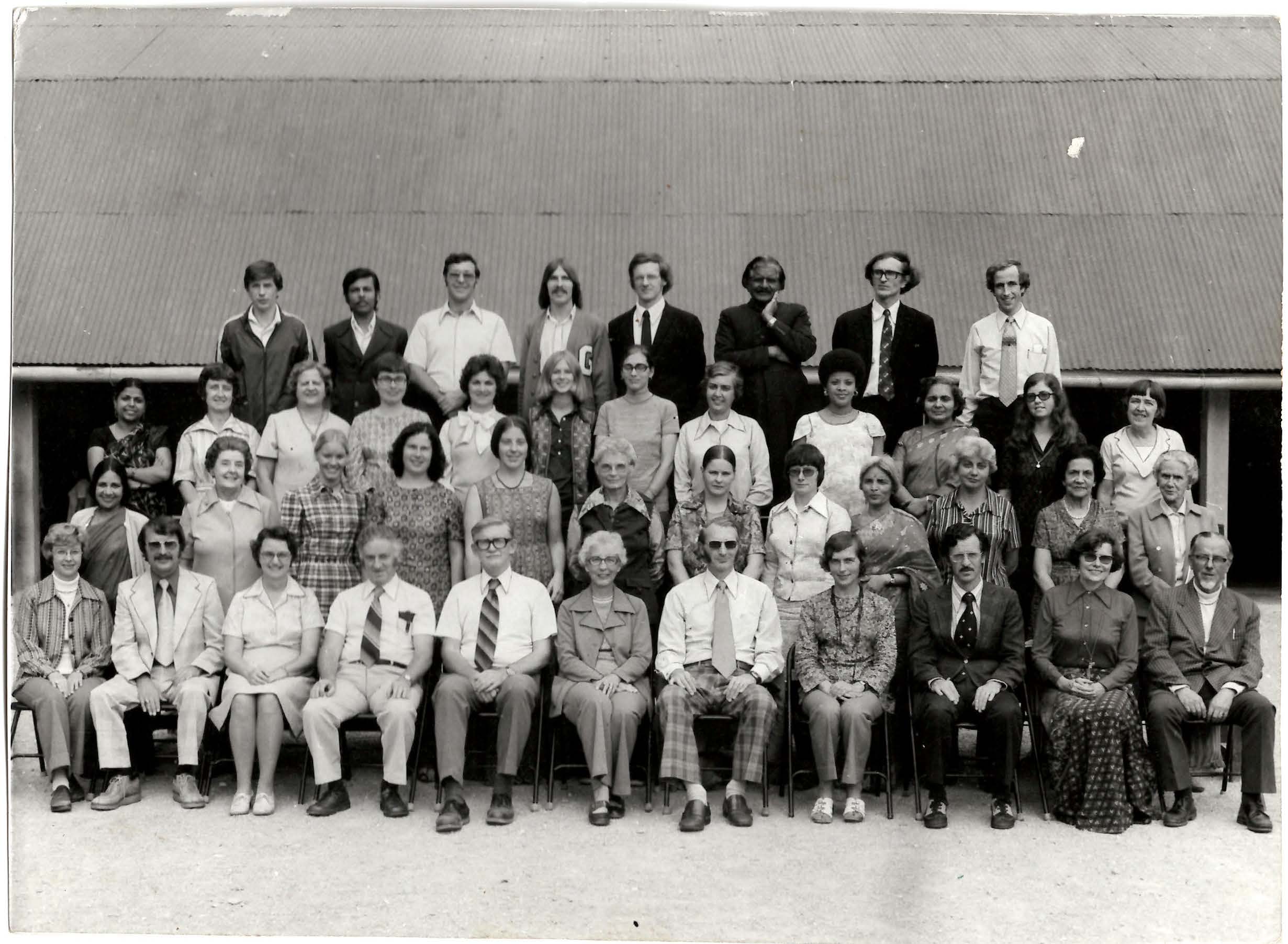
23 Apr RICHARD H WECHTER
RICHARD (DICK) H. WECHTER came to Woodstock in the early ‘70s following teaching service in Sitka, Alaska and at Kodaikanal School. He was part of the hillside community for more than 20 years. (Dick first served as a teacher at Woodstock from 1972 to 1979 and then returned for a second tenure from 1995 to 2001).
Dick’s classes in middle school science moved in sequence from rocks and geological formations to plants and ferns and to cloud formations and weather patterns – sharing his cheerful enthusiasm for whatever he was teaching at the moment.
Dick relished the outdoors, loved hiking, began every day with a run, and encouraged senior boys to join him. Activity Week was a high point with trips through Uttarkashi to Dodital for seniors and a walk down the dandi path to Rajpur for juniors, noting different ferns en route. Plans for Quarter Breaks came easily. The Woodstock Winter Tour – swollen by North American students at Woodstock for their junior year – was an obvious challenge. Dick organized and led what may have been the largest tour in 1977-78, with its own three-tier wooden bogie for most of the trip; then a second tour the following winter.

Dick was endlessly hospitable. The old dining room at Suncliff was often full of colleagues and students alike – harriers or hikers – sure of a good meal. Dick met other visitors on his travels or in the bazaar. He was delighted to watch an expert from the Royal Botanical Gardens at Kew Gardens send plant specimens home to London. He asked a visiting geologist why so many houses in Landour fell down, to be told it was a greater wonder that so many remained standing. He brought two Tibetan sherpas home and invited the hiking club to meet them. One of the men said he helped tourists on easy walks at maybe 4,000 feet. Encouraged, the boys turned their attention to the other sherpa. He had led Chris Bonington up the southwest face of Everest.

Bertie Eusibius, the school travel officer, died very suddenly late in 1978. Dick offered to take additional responsibilities for school travel, carried through till the end of term. By early 1979 Dick had become seriously ill with thyroid problems. Added exhaustion did not help. The United Presbyterian Mission found expert medical support and then sent him home. His teaching career was over.
By 1996 Dick Wechter was back at Woodstock, however, presiding over the computer lab, then serving as adjunct to the library. The Internet was new and temperamental. Dick’s good cheer and helpfulness seldom faltered, even when he occasionally uncovered a suspicion of plagiarism.
His third and final contribution to the hillside community was to nurse the environment, very much including Woodstock. His project … REDUCE, REUSE, RECYCLE … was centered at Oakville above the school where Dick had an apartment from the 1990s until his retirement. His energy and enthusiasm never flagged, though he was much less mobile and increasingly arthritic.
Through all his time on the hillside Dick was a regular member of the CNI congregations – first at St Paul’s Landour and then at Christ Church in Library Bazaar. He looked on environmental issues as a proper Christian concern.
– Written by George Ruddock, Former Staff and Colleague of Dick Wechter
From the Booklet – The Five Kilometer Classroom by Dick Wechter:
Say ‘glucose biscuits’ or ‘pink elephants’ to many alumni from the 1970s and they will automatically think of Mr. Wechter. Dick Wechter retired from the staff of Woodstock School in 2001 after many years of teaching math and computer science. He is best known, however for his leadership in outdoor education and environmental protection. Many alumni remember him fondly from his first teaching stint here from 1972 to 1979 or his second from 1995 to 2001. His achievements are many – from leading the Winter Tour and summer treks to Everest base camp and Kashmir, to his obsession with ferns and birds, to his Mussoorie-wide recycling campaign, to his knowledge of environment-related educational websites. No one knows the natural environment of Landour as intimately as Dick Wechter. In writing this booklet, Dick has made it possible for many who have not had the privilege of knowing him to share his unique understanding of the region.






No Comments